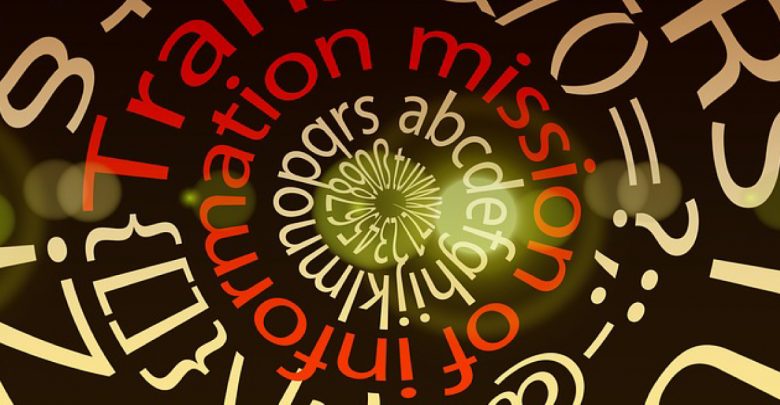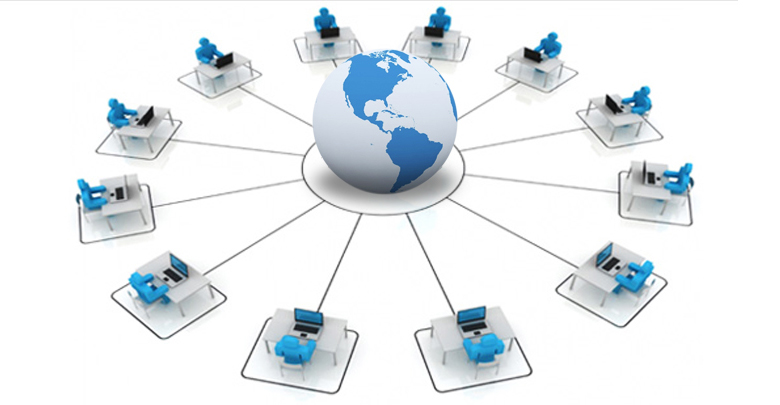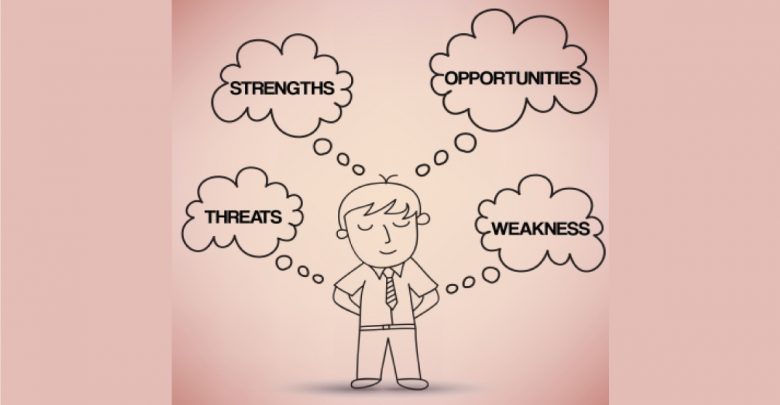Designing Educational Programmes
Designing Educational Programmes
-
 Antonio JovanovskiMarch 22, 20210 3,693
Antonio JovanovskiMarch 22, 20210 3,693Nationalism vs Globalism
The first part of the discussion answered the question “What is happening now?” WE HAVE LOST OUR STORY – Harari claims. He continuous: “People tend to think in stories. In the last 30-40 years we had a story that said that all we have to do is to just globalize the economy and liberate the politics and humanity will reach…
Read More » -
 Trainers LibraryFebruary 13, 20210 389
Trainers LibraryFebruary 13, 20210 389Putting the information in the context
If we don’t put the information that we have collected in the right perspective, we could lose the real dimension of the project, issue or problem. The context is the basis for reading the findings and allow the development of an opinion, ideas or future strategies. The context is one of the fundamental items that are allowing a researcher to…
Read More » -
 Demicheli FedericaJuly 13, 20200 220
Demicheli FedericaJuly 13, 20200 220Social transformation for training design
One definition of social transformation is the process by which an individual alters the socially ascribed social status of their parents into a socially achieved status for themselves. However, another definition refers to large scale social change as in cultural reforms or transformations. Non Formal learning induces changes and advocates for transformation. *[Content] It has been suggested that the educational…
Read More » -
 Demicheli FedericaMarch 18, 20200 1,306
Demicheli FedericaMarch 18, 20200 1,306Mutual learning Model: A Model for Learning From and With Others
What we know and how we transfer that knowledge to others is a completely different world. How many times we have said that someone knows a lot, but is not able to share and to pass the knowledge, the values or the passion to others? Because it is not easy to think and to put ourselves as trainers in a…
Read More » -
 Demicheli FedericaMarch 18, 20200 115
Demicheli FedericaMarch 18, 20200 115Readiness to constantly adjust the contents and the values of the program to the process of the group
Introduction: A trainer should be flexible to adjust the contents of the program to the process of the group to empower the learning experience and provide a safe environment for better learning. Learning is important because no one is born with the ability to competently function as an adult iIb Ravn describes facilitation as the canalization of the energy and…
Read More » -
 Demicheli FedericaMarch 18, 20200 164
Demicheli FedericaMarch 18, 20200 164Learning and Transfer in my training
Learning is important because no one is born with the ability to competently function as an adult in the society. It is especially important to understand the kinds of learning experiences that lead to transfer, defined as the ability to extend what has been learned in one context to new contexts (e.g., Byrnes, 1996:74). Educators hope that students will transfer…
Read More » -
 Demicheli FedericaMarch 18, 20200 6,563
Demicheli FedericaMarch 18, 20200 6,563The influence of group dynamics in learning
Sometimes it could happen that we are challenged by a group in a training course and the following might happen for different reasons: 1. the content is not coherent with the need of the group, 2. the delivery of the session is not well adapted to the learning style of that group, 3. sometimes we are in a specific phase…
Read More » -
 Demicheli FedericaMarch 18, 20200 1,349
Demicheli FedericaMarch 18, 20200 1,349The Jungle of ITC Tools
Introduction: Information and communication technologies (hereinafter ICT) and specifically E-learning are essential nowadays for several reasons, of political, sociological and economic order, and have marked a crossroads in the current learning and communication paradigms. E-learning is also part of this tendency. Content: ICT tools? What do we mean? According to UNESCO (2002), information and communication technology (ICT) may be regarded…
Read More » -
 Demicheli FedericaMarch 18, 20200 207
Demicheli FedericaMarch 18, 20200 207Change Readiness
Introduction: Trainers should be ready to changes, should be open to unexpected elements when he/she works, but what does it mean? In this article, we are going to explore the Change readiness concept. Content: Readiness” is a highly subjective term—subjective in scope, subjective in degree, and subjective in the eye of the beholder. What and who needs to be ready?…
Read More » -
 Demicheli FedericaMarch 18, 20200 517
Demicheli FedericaMarch 18, 20200 517Typologies of Evaluation and methods
Introduction: In this section, we will introduce other types of evaluation, this time categorized according to their actors (personal, interpersonal, group), to their functionality (formative, summative) and their nature (quantitative, qualitative). In this way, would be possible for the trainer planning in advance with kind of evaluation would like to implement and also which outcomes would be foreseen. Sometimes evaluation…
Read More »